When I consider my life, business, relationships─really everything─I often see a pattern within myself. There is a part of me that has always struggled with self-doubt. It feels like it is always waiting for me around the next corner, coming in and out of my life but never really going away. I can see it show up in my thoughts, conversations, and decisions.
I know I’m not alone in this. My clients, who tend to be both insightful and intuitive, often describe a similar experience of self-doubt. They tell me about times when they have shared their observations, opinions, and feelings with other people, and how they didn’t always get the validation they were seeking. Friends, family members, and other loved ones have questioned them, downplayed them, or even outright rejected them.
Some of my clients have reached a point where they hesitate to share what’s on their mind for fear that their sentiments and experiences won’t be welcomed. Afraid of rocking the boat or making a bad choice, they silence their inner voice and hesitate to act, making them feel anxious, indecisive, and inauthentic. Having many times been in the same position myself, I completely empathize.
Does any of this sound familiar? If you’ve been silencing or ignoring your inner voice, you may be wondering, “Why do I always doubt myself?”
Where Does Self-Doubt Come From?
Many internal and external factors can cause a person to doubt themselves. Your parents may have discouraged you from sharing your ideas or expressing your emotions, sending you the message that your thoughts and feelings were invalid. Over time, you may have internalized that idea.
Toxic adult relationships can also contribute to feelings of self-doubt. If your friend, partner, or boss is in the habit of shutting you down, it may be difficult to overcome their negative influence. You might even assume that you are the problem, even if another part of you knows there’s more to it and that other people have their own interpersonal baggage.
Another thing that can set a person up for self-doubt is being highly sensitive, intuitive, or empathic. If you sometimes have “gut feelings” or perceptions that other people miss, you may frequently be questioning what’s really true. When other people don’t seem to be having the same experience or don’t understand, their dismissive influence might have eroded your self-confidence, and over time, caused you to stop trusting yourself.
How To Deal With Self-Doubt
Given all of this you may be asking, “So how do I get rid of self-doubt”. I have asked myself that question more times than I can count, and in all honesty, I’m not sure it’s been the most helpful question. In truth, I’ve noticed that during the many difficult moments of self-doubt I’ve had, something really important happens. I lose a sense of my whole self and just feel the doubt and the fear that often accompanies it. What I want, in those moments, is to feel the confident, calm, clear me that I know exists but somehow seems to be missing.
Self-doubt is such a strong part of us. I think it would be really hard to grow up in our world and not have some version of this part form in the constellation of our personality. But it is only one part. So asking ourselves how to get rid of it may not be the most helpful question. Perhaps it would serve us better to instead ask ourselves “How strong is this part? How much does it influence my inner dialog and how I perceive myself? Also, how does this part influence my action or inaction in life?”
Just by reading this, you may already be starting is to notice your self-doubt in a new way. When stuck in self-doubt, you can also ask yourself what you’re feeling in your body and focus there for a few moments. This lets the doubt know that you see it. You could also get curious about what might be triggering the self-doubting part of you to feel so worried. This exploration can expand your capacity for compassion, both for yourself and for others. It can also give you a little space to reality check the situation and respond from more than just a place of doubt.
I often feel like my relationship with my self-doubt is evolving. At this point, I’m encouraged. In general, I believe that this part of me is there for a reason and it’s not just to sabotage me or make my life hard. I confess: I did used to think that. Now, I’m pretty sure that my doubt is interested in protecting me and keeping me safe. It worries and gets overactive because it doesn’t want me to be hurt by failure, rejection, or the results of poor decisions─and I can respect that.
My journey with self-doubt has made some things really clear; we are all wonderful works in progress, and learning how to deal with self-doubt is a vital component of trusting ourselves and living richer, fuller lives. If this message resonates with you, consider working with me.
As a therapist trained in parts integration therapy and Internal Family Systems, I can help you explore where self-doubt comes from and how it may be affecting your thoughts and actions. Schedule a free 30-minute consultation today to find out whether therapy is a good option for you. For an appointment or questions, call or text (720) 984-9575 or visit my contact page. You can also click the button below to schedule online.

